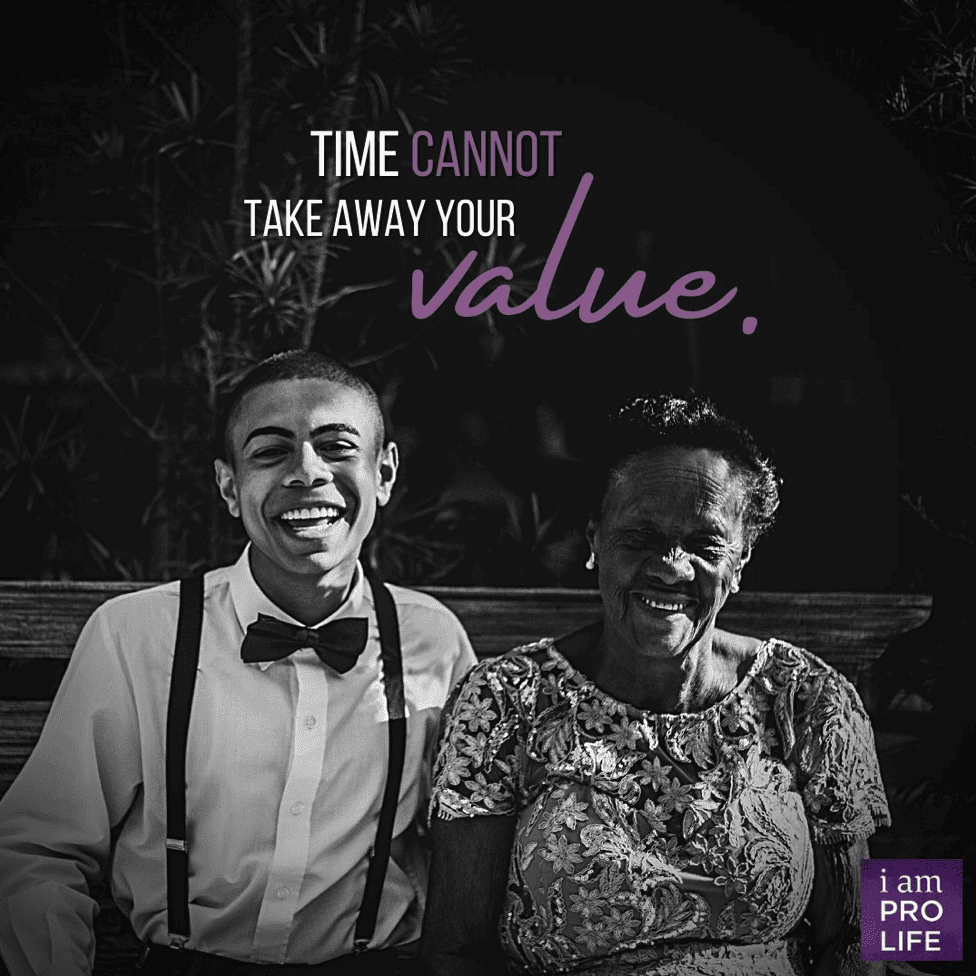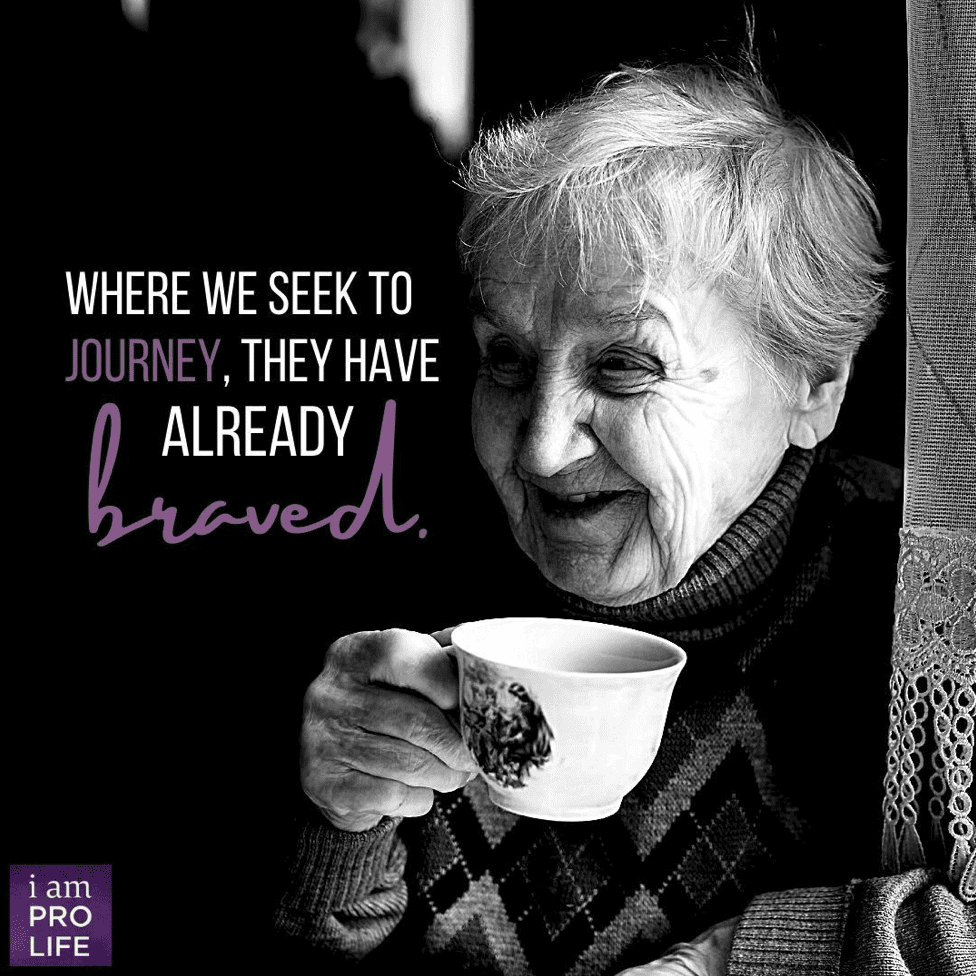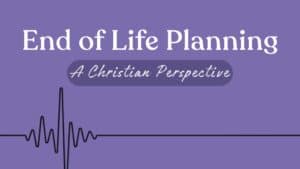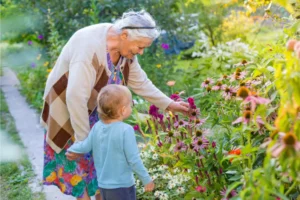Taking care of elderly parents is a season many of us will walk through. Everyone who begins that journey has many questions. Perhaps you’re an only child, and the responsibility of taking care of your elderly parents is yours alone. Maybe there are only a few options available for additional help due to location and affordability. You may have had a challenging relationship with your parents growing up or had a great relationship and now find it difficult to see them in this state. Though every person’s scenario will look different, elder care is achievable with the right resources.
Courage for Caring for Elderly Parents
For many, the responsibility of caring for aging parents can be daunting. Over the years, everyone will transition from being dependent on parents to being adult friends to being a caretaker for parents’ physical and emotional needs. Eldercare is an unfamiliar season of life for both adult children and parents.
So, what’s next? How do we handle this new season of life with grace?
Related Broadcast: Preparing to Care for Aging Loved Ones (1/2)
I recently walked through a season of helping my mom in her last 18 months of life. And, frankly, I felt inadequate and out of my comfort zone. We went from pleasant weekly visits talking about gardens and grandchildren to a series of unplanned events—a broken pelvis, rehab, sudden delusions and three months bedridden with another broken bone and nightly hallucinations. Planning is my comfort zone. Yet unexpected moments with my mom demanded reactions and responses, not carefully laid out plans.
The one plan we did stick to was to keep my parents at home as long as possible. Because of this, my experience involved decisions for at-home care versus a nursing home. No matter the circumstances, for all the caretakers whose lives become challenged by the unexpected needs of elderly parents, there are resources for just this time.
Our Greatest Resource for Aging Parents
The greatest resource is the God who created and loves both the adult child and their elderly parents. God is in control of life and death, and He is worthy of our trust as we walk through both.
During the 18 months that I took care of my mom, I never knew what challenges each day would bring. So, my morning prayer became, “Lord, please give me the wisdom, strength, courage and patience that I will need today.” That consistent reliance on God assured me that my responses to the unexpected moments would be appropriate, even when I didn’t feel adequate. Here are other promises to rest in:
Philippians 4:19
God has promised He will supply everything needed, whatever the situation you face. “And my God will supply every need of yours according to his riches in glory in Christ Jesus.” — Philippians 4:19
Isaiah 41:10
Even though our circumstances all look different, there is one common reality for all of us who are believers—we are not alone when it comes to eldercare. fear not, for I am with you; be not dismayed, for I am your God; I will strengthen you, I will help you, I will uphold you with my righteous right hand.” — Isaiah 41:10
Philippians 4:13
We are given daily strength when we realize that the eyes of our Heavenly Father see our struggles, and He promises to help us through them. “I can do all things through him who strengthens me.” — Philippians 4:13
Senior Healthcare Professionals and Services
Healthcare professionals trained to serve the senior population are another crucial resource when caring for elderly parents.
Self-Paid Caretakers
Some services are self-paid, such as hiring an aide for daily physical needs. Since most insurance companies do not pay for aides, that service may not be an option for everyone. Either way, it is important to have an open, honest conversation with your parents about their needs, wants and finances. If your parents are financially able to hire an aide, where do you look? The large national organizations have many local offices, though reviews for each state and city will be different. Do your research online, as well as with phone calls and even a visit with the director.
We went through several major providers looking for an aide who was a good fit for my mom. We were able to find an excellent aide, but she could only stay with us for a couple of months. My mom’s wonderful housekeeper stepped in to help in the mornings and evenings. Her consistent willingness to care for my mom got us through until Mom passed away. So, check with extended family members, friends, or acquaintances who may be willing to offer care services. Ask your church if they have any suggestions.
Rehabilitation Therapy
Most insurance companies pay for services such as rehabilitation therapy in a facility, at-home therapy and hospice. After an injury or trip to the emergency room, insurance will often pay for physical, occupational or speech therapy. Whether treatment is provided at home or in a facility, our primary job as caretakers is to observe, ask questions and be pro-active advocates for our parents.
If rehab must first take place in a facility, be sure to visit the rehab center before and during your loved one’s stay – daily if possible. Talk to the aides, nurses and therapists. Don’t hesitate to check with the nurses’ station if you have any questions or concerns. Be onsite during therapy.
My mom’s therapists explained why they were doing the exercises, which allowed me to see what she could and couldn’t do. When therapy occurs at home, it is a good idea to be present to observe and ask questions. The therapists often want your elderly parent to repeat the exercises when the therapists aren’t at the house. Your encouragement will be necessary.
Hospice Care
The other insurance-paid service we used with my mom was hospice. I cannot say enough how grateful I was to have the hospice’s help. There is a misconception that hospice is only for the last few weeks of life when someone is on their deathbed. That is not the case.
My mom was in the care of hospice for seven months. Her mental and physical health had changed enough to require professional assistance and emotional support for my dad and me. The hospice group we chose was truly a God-sent group of people.
A doctor must be the one to recommend hospice since there are specific health issues required to qualify. Once signed up with hospice, both the aging parent and adult child will benefit from so much assistance. Any equipment related to the qualifying illness is provided along with a hospital-style bed. Related medicines are delivered to the home. A nurse will come to the house weekly at first, then daily as the end of life draws near.
One of the greatest benefits of hospice was my mom no longer had to leave the house for doctors’ appointments. Hospice had a twenty-four-hour phone line and a physician on-call. Any question or concern I had was a quick phone call away. And, if necessary, an on-call nurse would come to the house between the regular nurse’s visits. Hospice also offered a bath aide once a week and access to a social worker and a chaplain. Putting my mom on hospice was the best decision we made during our journey.
When Caring for Elderly Parents
The season of caring for aging parents will be challenging at times. Praying daily and relying on the Lord and the healthcare professionals He brings alongside to help can bring peace and the grace you need.
Your part in caring for your elderly parents will bring rewards and growth in your own spirit and soul as you release your parents into the hands of our loving Father. Rest in Psalm 29:11, which says, “May the Lord give strength to his people! May the Lord bless his people with peace!”


















